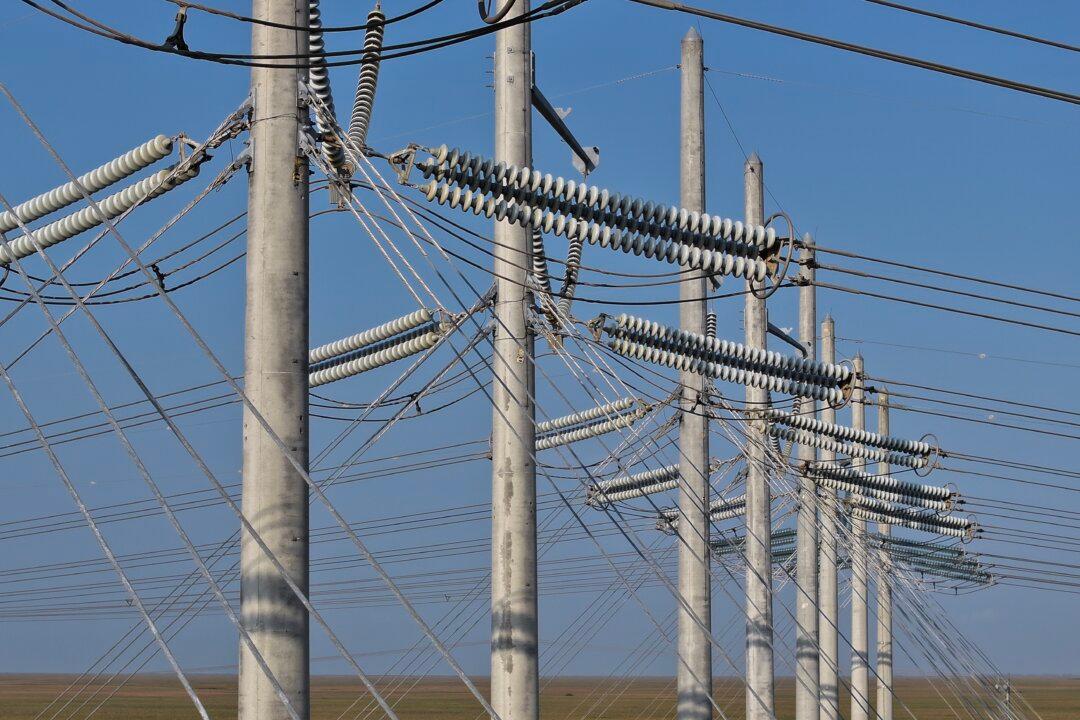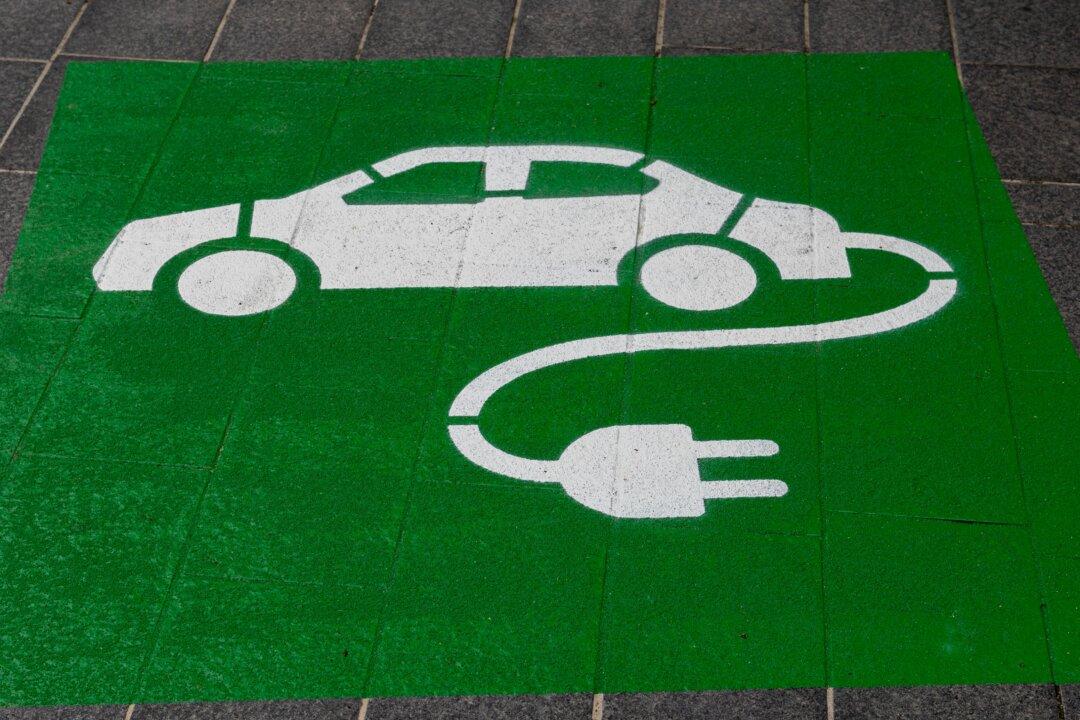Commentary
As 2024 unfurls, it’s worth putting a few things in context. Although we may have seen a slight dip in gasoline prices, we’re still paying prices last seen 12 years ago. Add in persistent inflation that still brings sticker shock at the grocery store and interest rates last seen in the 1980s, and it is clear that Americans will enter the election with money on their minds.



